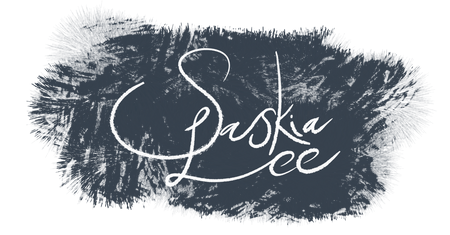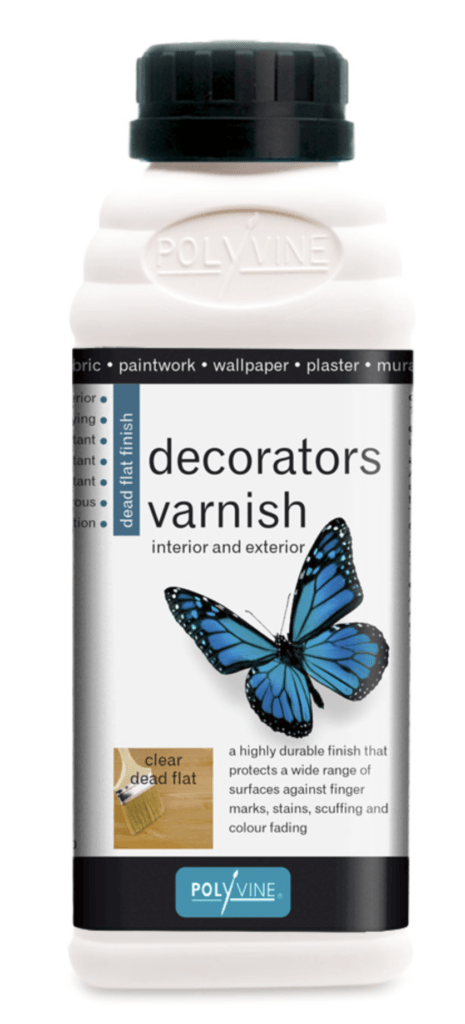Wallpaper Hanging Instructions
HANGING INSTRUCTIONS AND CARE
Correctly hanging and caring for our wall coverings is paramount. These instructions should be supplied to your client with the product.
NON-WOVEN WALL-COVERING HANGING INSTRUCTIONS
We advise that a professional be used when hanging non-woven wallpaper. The instructions can be found below:
Preparation
Walls should be dry, clean, and even.
Remove any old wallpaper and loose paint.
Roughen painted surfaces with sandpaper.
For best results, walls should be cross lined using a good quality lining paper. Sizing the lining paper will aid adhesion. Lining should be allowed to dry out completely before hanging the wall covering.
PASTING AND HANGING YOUR NON-WOVEN WALL COVERINGS
This is a paste the wall product. The decorator should paste the wall and not the back of the wall covering.
A good quality, solvent free, fungicide protected ready-mixed ‘tub’ adhesive – specifically for paste the wall non-woven papers should be used.
Paste should be evenly applied to the wall to hang one length at a time, to an area slightly wider than width of the paper.
Butt joints and use a decorator’s brush to smooth down the wall covering, working from the centre to the edges to express air bubbles.
Avoid squeezing paste out of the joints and ensure paste does not get onto the brush or roller.
No paste should be allowed to come into contact with the surface and hands should be kept clean and dry whilst hanging the wall covering.
Paste will damage the surface. The company cannot accept responsibility for marks or damage caused by paste.
Should any paste have been allowed to come into contact with the surface, it should be lightly sponged whilst still moist, using a clean damp sponge.
Wide width wallpapers, grasscloth and textile wall coverings are supplied untrimmed with a 10mm overlap to each edge for double cut on installation. The selvedge edge should be removed with scissors prior to hanging to allow pattern matching. The overlap should be cut through (both drops) with a sharp blade and metal edge at a slight angle (mitre) – use a new blade for each drop as a dull blade will tear the wallpaper. Remove both trimming strips and brush flat (allowing for the angle of the cut) for a perfect join.
GRASSCLOTH & NATURAL WALL-COVERING HANGING INSTRUCTIONS
We advise that a professional be used when hanging grasscloth & natural wall-covering. The instructions can be found below:
Preparation
Walls should be dry, clean, and even.
Remove any old wallpaper and loose paint.
Roughen painted surfaces with sandpaper.
For best results we recommend that walls are cross lined using a good quality lining paper. Sizing the lining paper will aid adhesion. Lining should be allowed to dry out completely before hanging the wall covering.
PASTING AND HANGING YOUR GRASSCLOTH & NATURAL WALL COVERINGS
Grasscloth and our extensive range of natural wall coverings are paste the wall, non-woven backed product.
The decorator should paste the wall and not the back of the wallcovering as above. Dampen the back of the wall covering with clean water using a sponge or water sprayer.
Fold the paper ends to the centre (booking) and allow to soak for about 4 minutes for the paper to become supple. DO NOT OVER SOAK.
Do not work more than one length at a time. Use a plumb line when hanging the first length and smooth the paper to the wall using a paperhanger’s brush from the centre of the length to the edge to expel air bubbles.
Do not allow paste onto the surface. After hanging 3 or 4 lengths, inspect the result to ensure no shading or other faults are present.
NO claims will be accepted for more than one roll and any claim is strictly limited to the replacement of faulty wallpaper.
If sufficient paste has been applied to the edges there should be no need to use a seam roller to smooth down edges – if this is necessary, only a felt roller should be used. Trim excess top and bottom with a metal edge and sharp blade.
Use a new blade for each cut. Good ventilation and an even temperature will assist in the even drying of wallpaper.
CARING FOR YOUR WALLPAPERS
Our coated non-woven wallpapers and vinyls are all “spongaeble”. Uncoated papers and specials such as our rage of natural wall coverings should be cleaned by dusting with a clean dry brush or by brush accessory on a vacuum cleaner.
SUITABILITY IN AREAS OF MOISTURE
Whilst our wallpapers are suited to most environments, applications in bathrooms and kitchens may influence your choice of base paper. We recommend vinyls and coated papers for such situations. Contact us to have one of our designs printed onto a special base. Another option is to apply a wallpaper varnish such as POLYVINE decorators' varnish. It is important to test before application as it may affect colours.
ABOUT THESE INSTRUCTIONS
This information has been supplied in good faith, but without guarantee. Site conditions are beyond our control. It is the responsibility of the buyer to ensure that the environment is suitable for the wall covering.



